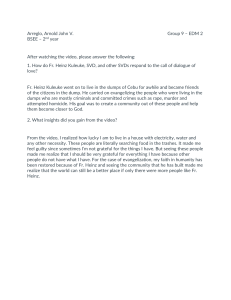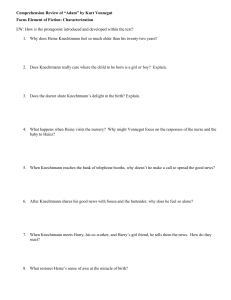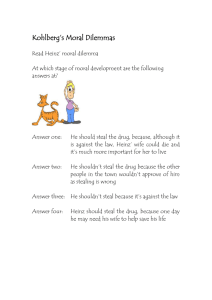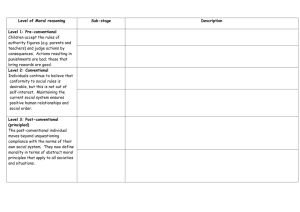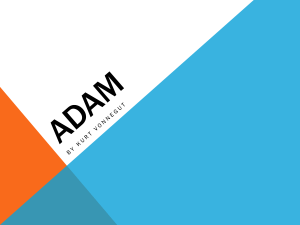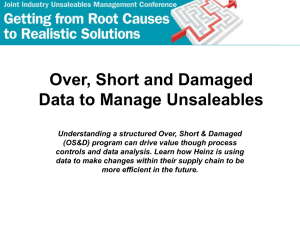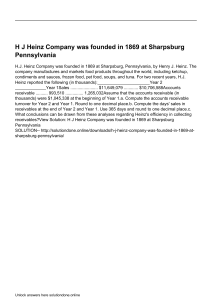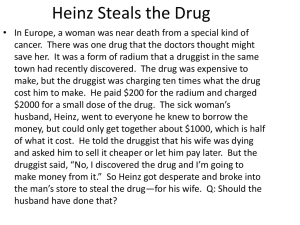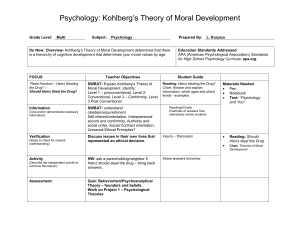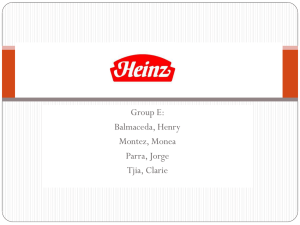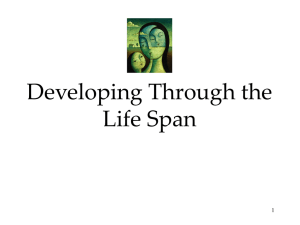A brief overview
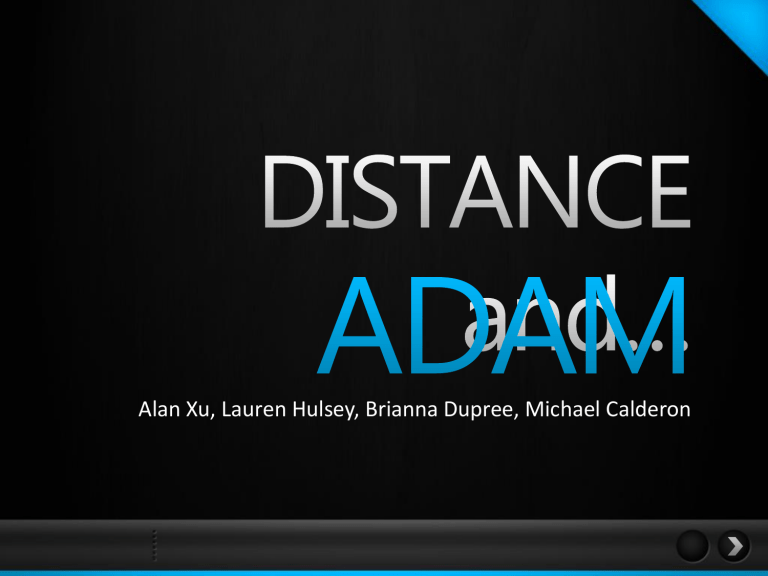
Alan Xu, Lauren Hulsey, Brianna Dupree, Michael Calderon
A brief overview:
Adam is a short story by Kurt Vonnegut. It explores the value of life from the perspective of Heinz Knechtmann. Heinz is elated with the birth of his son, but his attempts to spread his joy with his peers Mr. Sousa and the bartender fail. In the end, he realizes the greatest blessing of his son’s birth is within his family’s personal realm, not outside.
Theme: The value of cultural and personal perseverance. Kurt Vonnegut
(continued)
“They couldn’t kill us, could they, Heinz?” (pg.
314) This statement by Avchen, his wife, at the end of the story describes the understanding that the newborn represents the continuation of their family and will to live.
“They’re all too busy, busy, busy to notice life, to feel anything about it.” (pg. 312) Here,
Heinz describes the effect that everyday life has upon raw human emotion, one that dulls and deadens the uniqueness of new life.
(continued)
Tone: Optimistic and grateful
Characterization: Heinz is a man who values life despite how much he has suffered. Both he and his wife have witnessed much death, but he attempts to spread his joy to others as he believes he is making a positive impact to another.
Importance of Title: Adam is the first man in history, so the title represents what the newborn son means to Heinz: a new beginning from a past of death and suffering, or the continuation of themselves, just as man was made in the image of God.
(a brief overview)
This short story by Raymond Carver explores the dynamic between young lovers when the boy is called upon to leave his wife and baby to hunt. He has to consider the value of being there for his family, regardless of how small of an issue (a sick baby), versus keeping his promise to go out.
Theme: The mortality and perseverance of love.
(continued)
“But who do you really love?” When the girl asks the boy this, he responds with “you are my wife”, which signifies both a sense of entrapment and duty, a duty of love and commitment, but also vulnerability.
“If you want a family you’re going to have to choose.” (pg. 193) This describes the intrinsic value of love between a young couple. She says this to her husband to make him realize that as a father, he cannot make the same decisions as he did in the past.
(continued)
Tone: Sardonic and whimsical
Characterization: The boy is characterized as an immature figure, with him openly lusting after his wife’s family members and attempting to abandon his family to go hunt.
However, he is also sympathetic and reflective in the end.
Importance of Title: Distance can represent both the physical distance between the couple in this story, but also the emotional distance between what they each believe and value, which is the deciding factor in many relationships.
